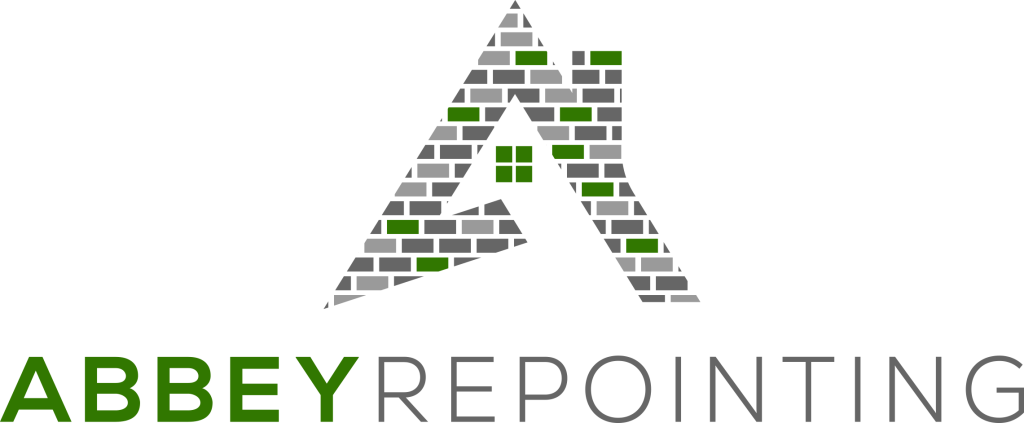FAQ
- Home
- FAQ
OUR FAQ'S
In our FAQs page you will get answered of most commonly asked questions from a house owner of a landlord about anything related to Brickwork and Repointing Work.
Repointing Brickwork is the process of renewing the mortar between bricks or stones in a wall. The mortar can be damaged due to weather, age, or natural wear and tear. Repointing requires removing old, worn-out mortar and replacing it with fresh mortar to maintain the structural integrity & appearance of your building. This helps to protect the bricks from damage and prevents dampness.
Which mortar is ideal for your property depends on the age and type of your property. For older properties, a lime-based mortar is often recommended. Because it’s more breathable, flexible, and prevents bricks from damage. For newer buildings, a sand-cement mortar is more common.
Fire bricks, which line the interior of fireplaces, stoves, or boilers can last many years if maintained properly. If they begin to crack, erode or crumble they should be replaced immediately for safety and efficiency. If you use your fireplace or stove frequently on Average fire bricks should be replaced every 5 to 10 years depending on usage.
Cavity wall ties are important for maintaining the stability of your building walls. Replacing them involves drilling small holes into the wall and inserting new ties to reconnect the outer & inner brick layers. This is a delicate job often requiring professional assessment to ensure the integrity of the structure is not compromised.
It’s not advisable to repoint lime mortar with cement. Lime mortar is flexible and breathable, which prevents damage to the stone or brickwork. Cement mortar is rigid and traps moisture. Which can lead to cracking or damage to the brickwork. It’s best to use lime mortar for older buildings and cement for modern constructions.
If your house is old or listed, using lime mortar for repointing is often the best option. Lime mortar is more breathable than cement and it prevents moisture build-up within the walls. It also allows the building to breathe which helps to avoid long-term damage to the brickwork.
Signs that indicate that your brickworks need repointing are crumbling, cracked mortar, visible gaps between bricks, dampness, etc. If you notice any of these issues, it’s a good idea to contact a professional for a survey of the condition of your brickwork to prevent further damage.
Yes, repointing can significantly enhance your house's appearance. If the mortar has become damaged, fresh repointing can make the bricks look cleaner and sharper. It is a cost-effective way to improve the aesthetic & structural integrity of your property.
The lifespan of repointing varies depending on the type of mortar used and the conditions of the buildings/ On average, repointing can last 20 to 50 years. Regular maintenance ensures that the mortar remains in good condition and no further damage occurs to the brickwork.
